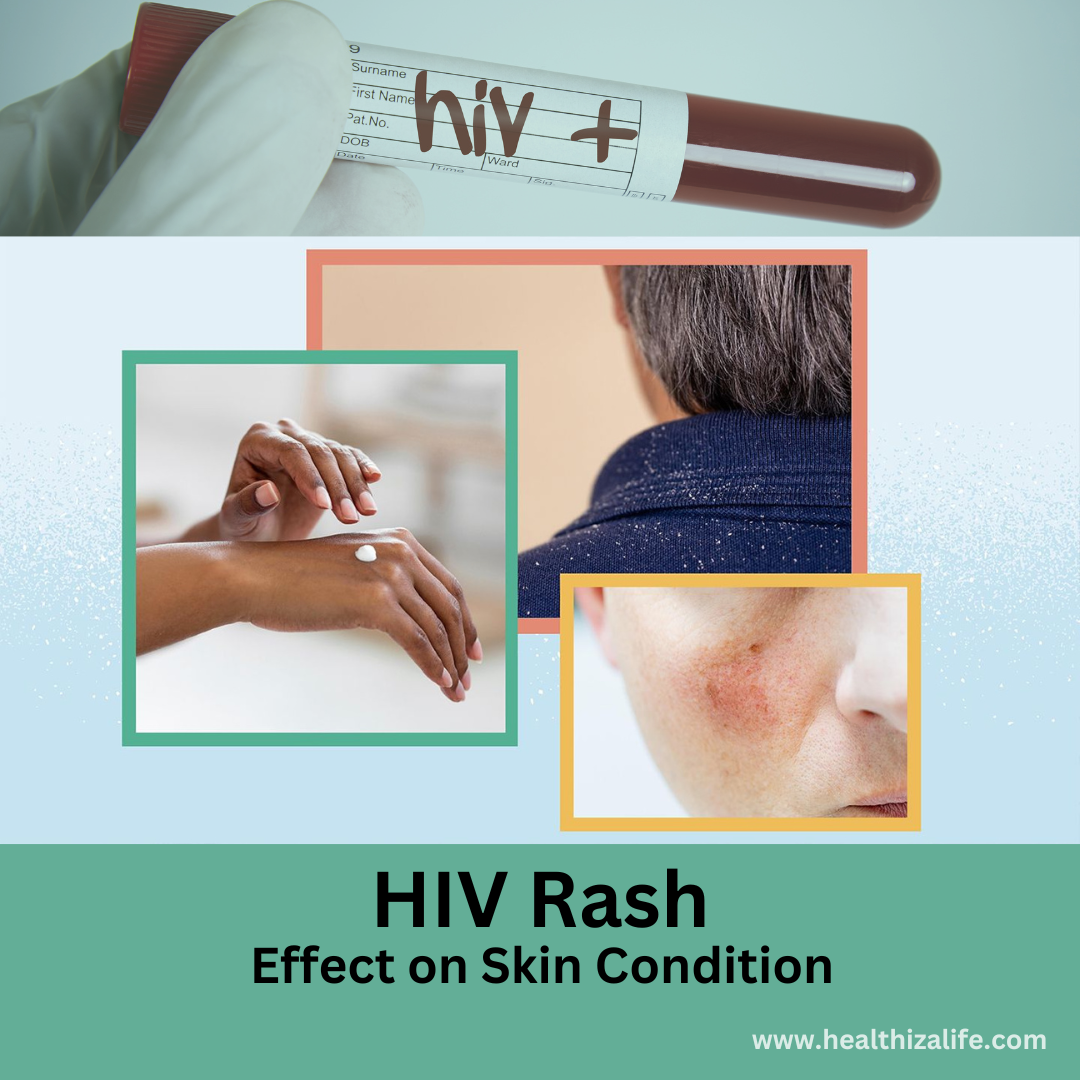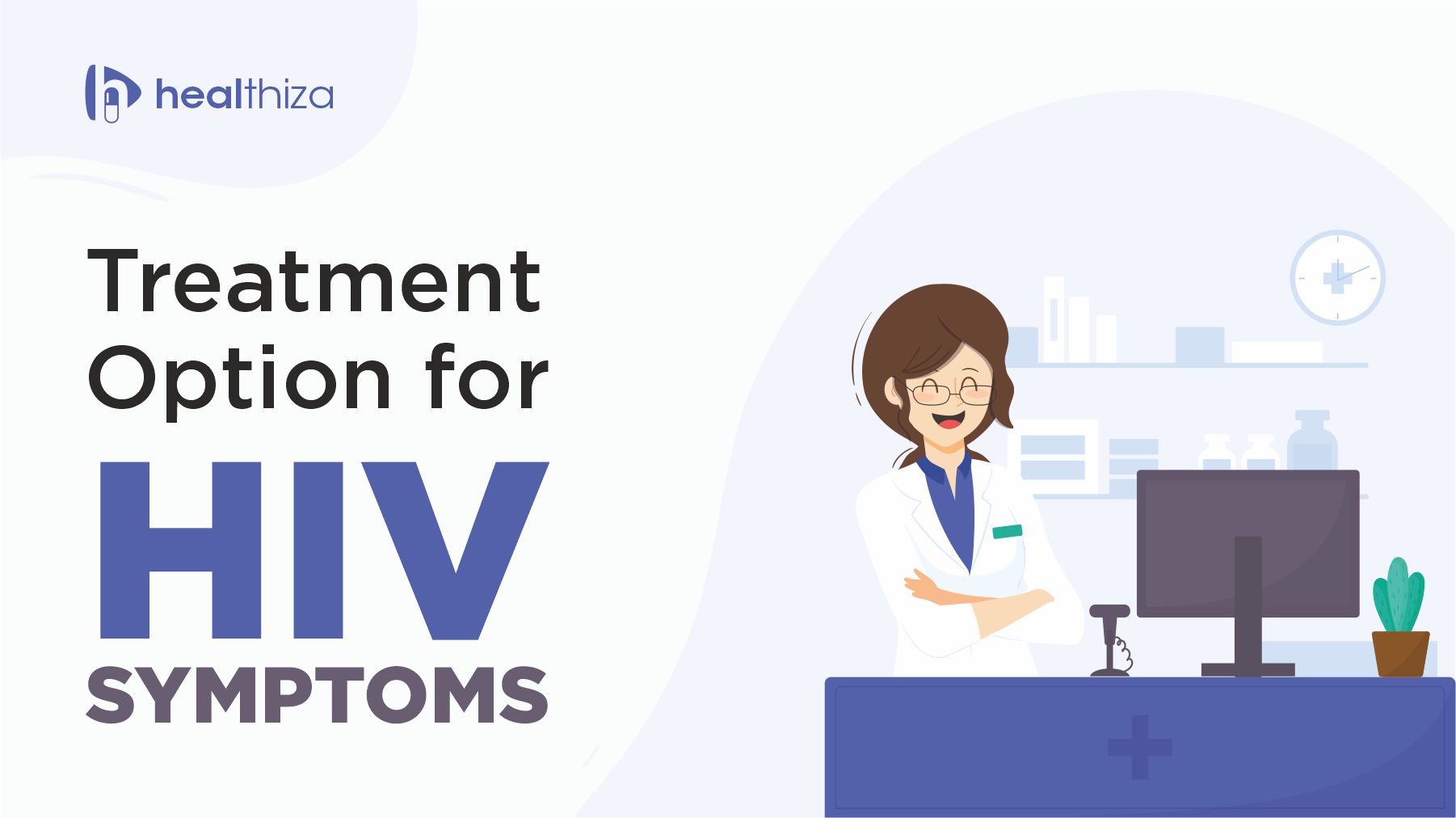How Antiretroviral Drugs Are Revolutionizing HIV Treatment?
Antiretroviral Drugs
Antiretroviral Drugs, released in the mid-1990s, had a substantial impact on HIV treatment· HIV was once a fatal diagnosis, but the development of antiretroviral therapy (ART) has transformed it into a treatable chronic illness· ART works by inhibiting the virus, preventing its growth, and lowering its blood levels to undetectable levels· This breakthrough has dramatically increased HIV patients’ life expectancy and quality of life·
The goal of this blog is to look at recent advances in antiretroviral drugs and how they are transforming the landscape of HIV therapy, providing patients with new hope and better outcomes around the world.
Evolution of HIV Treatment
Revolution 1: Save Lives Treatment
In 1995, the first antiretroviral drugs saved many HIV/AIDS patients’ lives and helped them regain their health, triggering the first revolution. These drugs prevented the virus from invading the immune system, ensuring patient wellness. In two years, AIDS-related mortality was reduced by 50%.
Over the past 22 years, HIV treatments have improved in terms of longevity, safety, and reduced side effects. Currently, those who get HIV medication and maintain undetectable viral load should expect to live nearly as long as those who do not have HIV.
Revolution 2: Stops Transmission Treatment
Many people are now witnessing the second revolution as a result of considerable scientific advances in the understanding of the efficacy of today’s HIV therapies.
Introduction to Antiretroviral Drugs
Antiretroviral therapies (ARVs) are treatments that inhibit the Human Immunodeficiency Virus (HIV) from multiplying in the body· They act by targeting multiple stages of the HIV life cycle, lowering viral load to undetectable levels and boosting immune system effectiveness.
Classes of Antiretroviral Drugs:
Nucleoside Reverse Transcriptase Inhibitors (NRTIs):
These antiretroviral drugs simulate DNA building blocks and are incorporated into viral DNA during replication, causing premature termination. Examples are zidovudine and lamivudine.
Non-nucleoside reverse Transcriptase Inhibitors (NNRTIs):
These medications link directly to the reverse transcriptase enzyme, creating a structural change that prevents it from functioning· Nevirapine and efavirenz are two examples.
Protease Inhibitors (PIs):
These medications suppress the protease enzyme, preventing viral proteins from being split and developing into infectious virus particles· Examples are lopinavir and ritonavir.
Integrase Inhibitors:
These medications inhibit the integrase enzyme, preventing viral DNA from integrating into the host cell’s genome· Examples are raltegravir and dolutegravir.
New HIV Treatments: Injectable Drugs and Long-Acting Medications
Injectable and long-acting medications now offer alternatives to daily oral regimens in HIV treatment. These advancements aim to increase adherence, minimise daily medication burden, and enhance the quality of life for HIV patients.
HIV Injectable Drugs
Cabotegravir and Rilpivirine are hiv injectable drug that are given monthly or biweekly· These injections use sustained-release formulations to keep therapeutic medication levels stable over time· This strategy minimizes the frequency of dosage and helps in the maintenance of stable medication levels, both of which essential for efficient viral suppression.
Long-Acting HIV Medications
Long-acting new hiv treatments include injectables, implants, and oral formulations with prolonged effects· These treatments are intended to gradually release the medicine over weeks or months, minimizing the need for frequent dosing and enhancing adherence, particularly among people who struggle with daily pill routines.
New HIV Treatment Benefits
The critical advantage of injectable and long acting hiv medication is increased adherence, as patients no longer have to remember daily pills· This uniformity aids in viral suppression and minimizes the likelihood of resistance· Furthermore, these treatments help reduce the stigma associated with daily medication, benefiting patients’ general mental health.
HIV Treatments Challenges
These new drugs, while beneficial, are not without challenges. Injectable drug administration in clinics may be inconvenient for some individuals. The injections may result in unpleasant consequences or systemic responses. Controlling long-acting formulations is crucial to prevent resistance from missing doses. Additionally, the cost of these medicines may be higher than normal oral pharmaceuticals, posing a barrier to universal availability.
The Impact of Long-Acting HIV Medications
Long-acting HIV drugs mark a significant improvement in HIV treatment· Unlike typical daily antiretroviral therapy (ART), these long acting hiv medication have longer dose intervals, ranging from once a month to every few months· This innovative therapy technique includes injectable and implanted devices, which can help in overcoming the difficulties associated with daily medication adherence.
Improved Quality of Life
Long-acting hiv injection treatment can significantly improve patient’s quality of life· By reducing dose frequency; patients have less daily interference in their lives, which can assist in alleviating the psychological burden of treating a chronic condition· Furthermore, smaller doses lead to fewer side effects from pharmaceutical use, resulting in a higher overall quality of life.
Reduced Stigma
The stigma associated with HIV can be a substantial impediment to successful treatment· Long-acting HIV drugs can help to address this issue by minimizing the treatment regimen’s visibility· Patients no longer have to carry or take daily medicines, which can be a constant reminder of their ailment and a cause of stigma for others.
Injectable HIV Treatments: A New Era
Injectable HIV medicines provide a significant improvement over standard oral medications· These long-acting hiv injectable drug, which are given once to twice a month, increase adherence by lowering the need for daily pills· Maintaining consistent drug levels reduces virus resistance and improves efficacy. This concept can help people who struggle with daily pharmaceutical procedures or suffer from pill tiredness. The hiv injection treatment improves health outcomes and quality of life for HIV patients, ushering in a new era of care and management.
Innovations in HIV Treatment: What’s Next?
The new hiv drug has changed drastically, from a death sentence to a treatable chronic condition· Millions of people can now live long and healthy lives due to advances in antiretroviral therapy (ART)· However, the pursuit of a better future for HIV-positive people continues.
The Quest for a Cure
Although antiretroviral therapy (ART) decreases HIV, it cannot totally remove the virus. Scientists labour feverishly to produce functional treatments, if not a perfect cure. One fascinating idea is to target the hidden HIV reservoir, consisting of hidden copies of the virus in certain cells.
Personalized Medicine and Precision Treatment
Personalized medicine for HIV treatment has come. Recent advances in genetics and molecular biology have improved understanding of virus characteristics and immune responses. Personalizing treatment regimens with this information can improve efficacy and reduce side effects. Biomarkers are being studied for their potential to predict therapeutic outcomes and identify individuals at risk of treatment failure.
Addressing Disparities
Despite significant advances, disparities in HIV care and outcomes persist. Access to treatment and prevention services varies based on socioeconomic status, race, ethnicity, and geographical region. To alleviate disparities, a multidimensional strategy is needed, including expanded access to care, reduced stigma, and culturally sensitive activities.
The Role of Pharmaceutical Companies
Pharmaceutical companies have a significant impact on the global response to the HIV epidemic by developing and distributing novel medications· Their engagement extends from basic research to commercial access, encompassing all stages of medication development.
- Drug Discovery: Companies use innovative technology and scientific skills to look for compounds with antiviral capabilities that can effectively block HIV replication·
- Clinical Trials: Drug safety, efficacy, and optimal dosing regimens are all assessed via rigorous testing· These trials have thousands of participants and need a significant amount of time and resources·
- Research and Development (R&D): The HIV drugs manufacturer make significant investments in R&D to identify and develop new antiretroviral medications· This includes discovering possible therapeutic targets, performing preclinical inquiries, and moving on to human clinical trials·
Access and Affordability of New HIV Treatments
To address the problematic issue of access to hiv treatments, a multifaceted approach is required.
- Price Reductions: Pharmaceutical corporations can play an important role by reducing medicine prices, particularly in low-income nations.
- Generic Drug Production: Promoting generic medicine manufacture can boost competitiveness and increase affordability of hiv drugs.
- Community Engagement: Empowering communities to participate in HIV prevention, testing, and treatment programs can lead to better outcomes·
Patient Experience and Support
Receiving an HIV diagnosis can be highly challenging· Making informed patient support for hiv treatment options is crucial for the management of the illness· The patients should:
Seek Comprehensive Information:
Understanding HIV, its development, and navigating HIV treatment options is important. Reliable sources, such as healthcare providers, government health websites, and recognized patient organizations, can provide accurate information.
Consult with Healthcare Providers:
A healthcare provider can evaluate an individual’s health, establish treatment goals, and prescribe suitable medications· Open communication is essential for establishing trust and generating a personalized treatment strategy.
Community and Connection:
Coping with HIV entails more than simply medical treatment· Emotional and social support are significant for general well-being.
Joining Support Groups:
Connecting with other people living with HIV can provide vital support, shared experiences, and practical guidance. Support groups offer a safe place to express emotions, alleviate isolation, and form a strong support network.
Leveraging Online Resources:
Online groups and forums allow you to connect with people living with HIV from all around the world. These platforms provide knowledge, assistance, and a sense of community.
Conclusion
Antiretroviral therapy (ART) has transformed HIV from a dangerous to a chronic and treatable condition. Newer therapeutic regimens are effective, have fewer side effects, and can be used less frequently. These breakthroughs have significantly enhanced the quality of life for millions of HIV patients. Barriers such as access, price, and stigma persist. To overcome these restrictions, further research, development, and global collaboration are needed. Investing in comprehensive care, providing support, and fostering hope will help achieve an HIV-free future.
Also Read,









